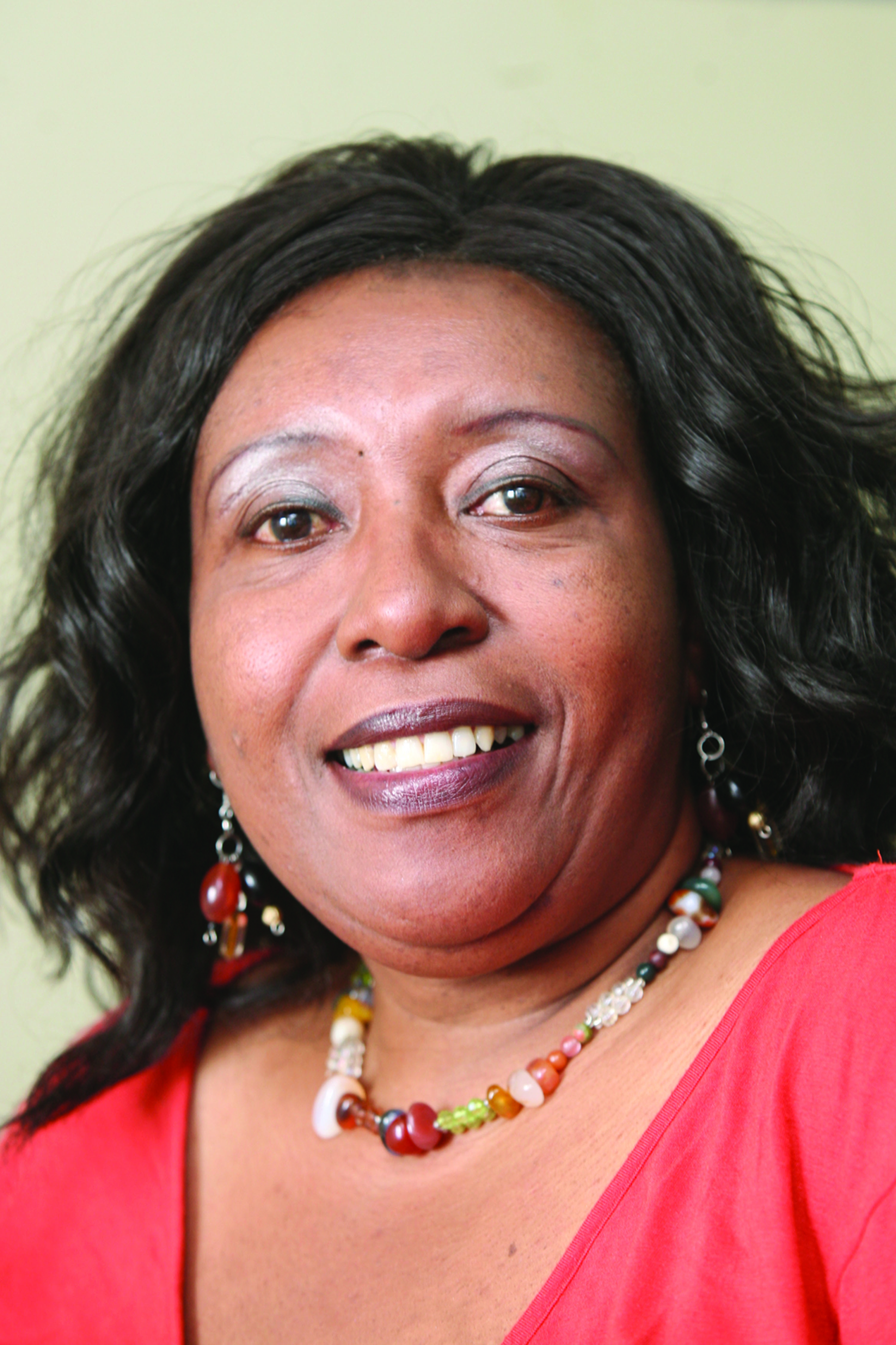
THE economic problems Zimbabwe is facing have also hit the real estate sector hard.
As companies continue to close, throwing thousands of workers onto the streets, most tenants are failing to cope with demands from their estate agents and landlords as their funds continue to dwindle.
There are many that were offered retrenchment packages which they are yet to receive, a situation that has created so much stress and instability in many households.
I heard a news item on radio on Thursday this week that noted that most estate agents had recorded rent defaults of more than 50%, adding that the situation is set to worsen.
Some property owners have since reduced their rentals to less than half the originally set figures as it has become clear that most tenants are struggling to make ends meet.
A property owner who lives in Mabelreign in Harare and has two properties in Nkwisi Gardens that are located off Kirkman Road said that he had initially evicted one tenant after the other but he soon realised that there was no end to the problem.
“I have decided to set the rentals at $100 per month for the two three-bedroomed houses because I have realised that there is no money circulating around and many young people are without jobs.
“I may in the end let them live for free because I have become tired of evicting and getting new tenants.
- Chamisa under fire over US$120K donation
- Mavhunga puts DeMbare into Chibuku quarterfinals
- Pension funds bet on Cabora Bassa oilfields
- Councils defy govt fire tender directive
Keep Reading
This process is exhaustive because it involves advertising, interviews and selections. I feel for these people because I at least do not have any dependants anymore yet these young people have children and spouses to look after,” the property owner said.
Zimbabweans have generally been people that have a tendency of having two homes…that is one in the rural areas and one in the city.
However this trend has somehow halted because salaries have failed to stretch to establish a retirement home in the village, which may become handy when faced with situations like these.
Some of the reasons why Zimbabweans have become some of the most mobile people on the African continent that have spread across the world is because they want to raise money to buy homes for their loved ones.
About three years ago, my niece who is a medical doctor once asked me why I was entertaining the thought of moving to greener pastures and one thing that she mentioned was: “Tete (Auntie) you have a car and a house, your children are now adults, so what do you want? You have achieved what most people are dying to have so just hang in there tete…”
Those words still ring in my ears every time I open my mouth to complain because a quick interview with people that have gone to the Diaspora have said that is precisely one of the reasons they left Zimbabwe.
And although some have managed to amass a number of properties with proceeds from foreign employment, they are now faced with a situation where tenants are failing to pay rentals for those hard-earned homes.
“I have five houses in Harare’s northern surbubs and these have suddenly become a real big problem for me. These five properties would rake in nearly $3 500 a month but I am now realising less than half that amount.
“I was planning to relocate back home and live with my daughter who has a small flat in her backyard but it looks as though I may have to stay a bit longer until the economic situation improves,” said a 62-year-old retired nurse who lives in England.
Unconfirmed reports have noted a development where people that had left homes in which they were raised by their parents, returning with their spouses and children.
One Mbare widower is said to be accommodating nearly five adult children and their spouses plus a total of 16 children at his home.
These were people that were gainfully employed and renting houses in various parts of the capital city but found themselves with nothing to offer their landlords and decided to go back home to daddy.
And for those that are living in their own properties, it has become a difficult task to maintain their homes, and let alone pay utility bills because there is no money circulating in the economy.
The little money they get probably through vending and other sources goes to purchase food and to pay school fees.
In fact there are a lot of children that have stopped going to school, especially universities who are now spending their afternoons engaging in dubious activities in their neighbourhoods.
A woman from my neighbourhood recently confided in me saying that her son, who is repeating his sixth form was taking habit-forming substances as a result of bad company involving school dropouts. These school dropouts are actually children of property owners who have no means of raising money to send these idle children back to school.
Youths and young people constitute at least 67% of Zimbabwe’s population and without work and school to keep them busy, what can a parent do?
The houses that they thought would bring income to their households have become a nightmarish affair where tenants duck landlords as they have now ran out of ideas as to where next they will get cash to settle their rentals.
A man in Snake Park has reduced rent for his retrenched tenant from $400 to $180 arguing that he would rather have this person who has lived and maintained his home in excellent condition for over 10 years.
What would you do if you were faced with such a situation?











